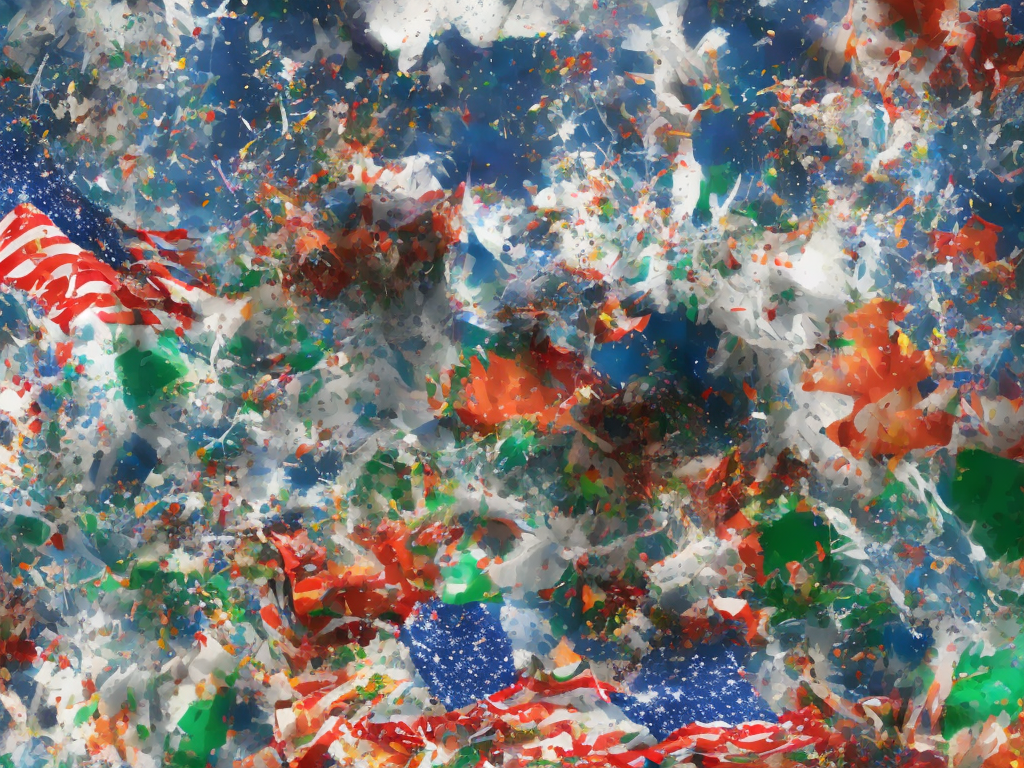
Republic Day and Independence Day are two important national holidays celebrated in many countries around the world. These days hold immense significance as they commemorate historic events that shaped the course of a nation's destiny. While Republic Day and Independence Day may seem similar in nature, there are some key differences that set them apart. This article delves into the dissimilarities between these two celebrated occasions.
Republic Day is observed in countries that have a republican form of government, where the head of state is an elected or appointed official rather than a hereditary monarch. The day marks the adoption of a country's constitution and the establishment of a republican system of governance. Independence Day, on the other hand, is celebrated to honor the day when a nation gained freedom and independence from colonial rule or foreign dominion.
In most countries, Republic Day is celebrated during the year to commemorate the day when the constitution came into effect. This constitution lays down the fundamental principles and laws of the nation, providing a democratic framework for the functioning of the government. For instance, in India, Republic Day is celebrated on the 26th of January each year to commemorate the day when the Constitution of India came into force in 1950, replacing the Government of India Act (1935). The Indian Constitution established the country as a sovereign, socialist, secular, and democratic republic.
Independence Day, on the other hand, is typically celebrated on the day a country gained its freedom from colonial rule. This day holds historical significance, usually marking the end of foreign rule and the start of a new era of self-governance. An example of this is India's Independence Day, which is celebrated on the 15th of August each year. It commemorates the day when India achieved independence from British rule in 1947.
Another important difference between Republic Day and Independence Day lies in the nature of the celebrations. Republic Day celebrations primarily focus on the display of the country's military might, cultural diversity, and national achievements. In many countries, including India, Republic Day is marked by an elaborate parade showcasing the strength and unity of the armed forces, along with colorful cultural performances representing the diverse culture and heritage of the country. The main event of the Indian Republic Day parade is held at Rajpath in New Delhi, where flags are raised, patriotic songs are sung, and various contingents, including the military, showcase their skills and equipment. In addition, Republic Day celebrations often include the President's address to the nation, award ceremonies to honor outstanding individuals, and public functions to promote unity and national integration.
On the other hand, Independence Day celebrations are characterized by patriotic fervor and a sense of gratitude towards freedom fighters and national heroes who made immense sacrifices to secure independence. The main focus of these celebrations is to pay homage to those who fought for freedom and to express gratitude for the hard-won independence. Independence Day festivities usually involve flag-hoisting ceremonies, singing national anthems, speeches by political leaders, and cultural programs showcasing the heritage and achievements of the nation. It is a day when citizens come together to commemorate the struggles and sacrifices of their forefathers in the quest for independence.
Furthermore, Republic Day holds a special significance in countries that have transitioned from a monarchy to a republic form of government. This transition often brings about significant changes and reforms in the political structure and power distribution. Republic Day becomes a symbol of the success and stability of the new system, signifying the consolidation of democratic values and the power of the people. Independence Day, however, is not directly concerned with the form of government but is more focused on the achievement of complete independence from foreign rule.
In conclusion, while Republic Day and Independence Day are both important national holidays, they differ in their commemoration of historic events, nature of celebrations, and significance. Republic Day marks the adoption of a country's constitution and the establishment of a republic form of government, whereas Independence Day honors the day a nation gained independence from colonial rule. Their celebrations reflect these differences, with Republic Day emphasizing military strength and cultural diversity, while Independence Day focuses on paying tribute to freedom fighters and expressing gratitude for independence. These two special days serve as a reminder of a nation's journey and the values it holds dear as it strives to build a better future for its citizens.
 Self-Instruct
Self-Instruct